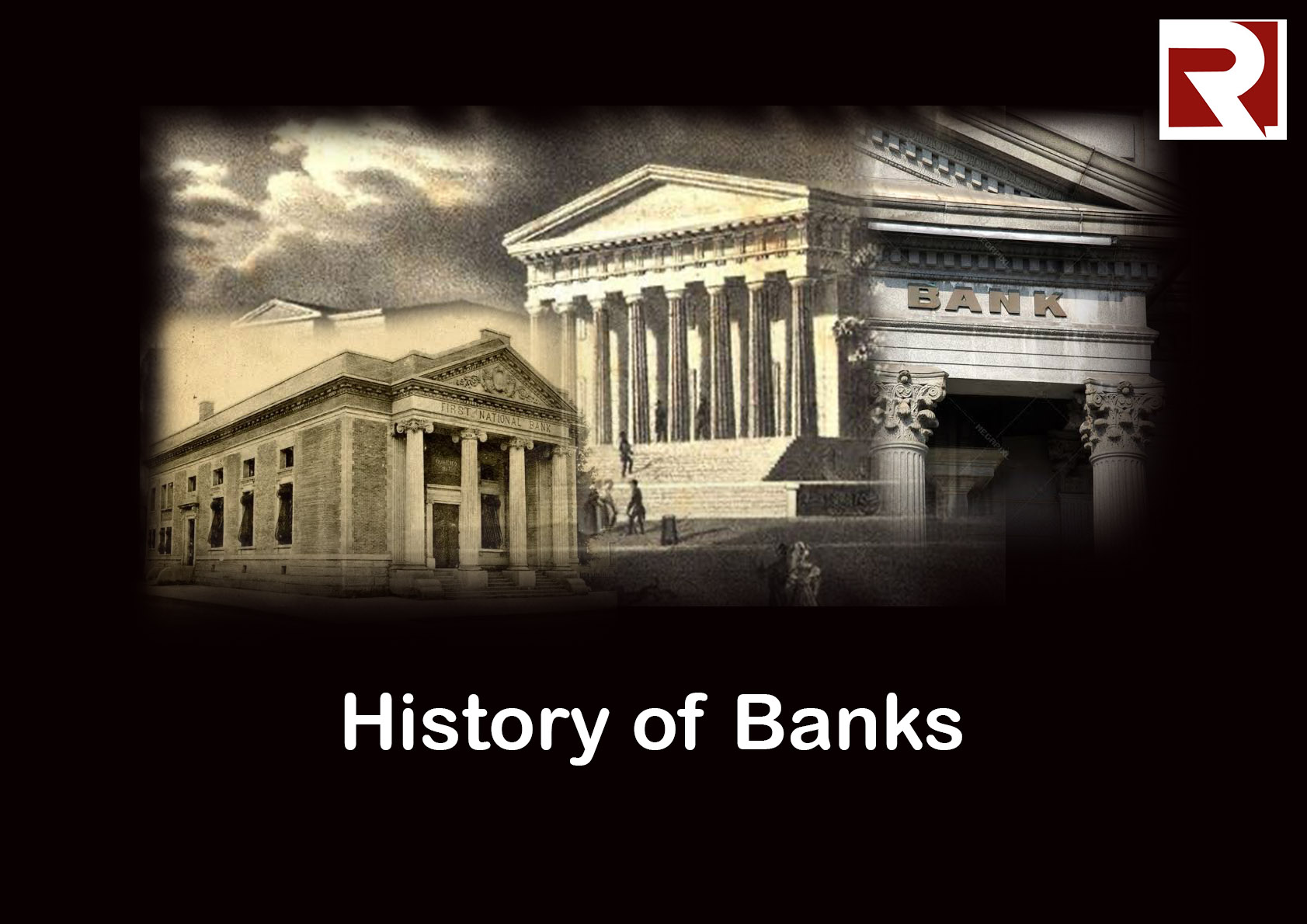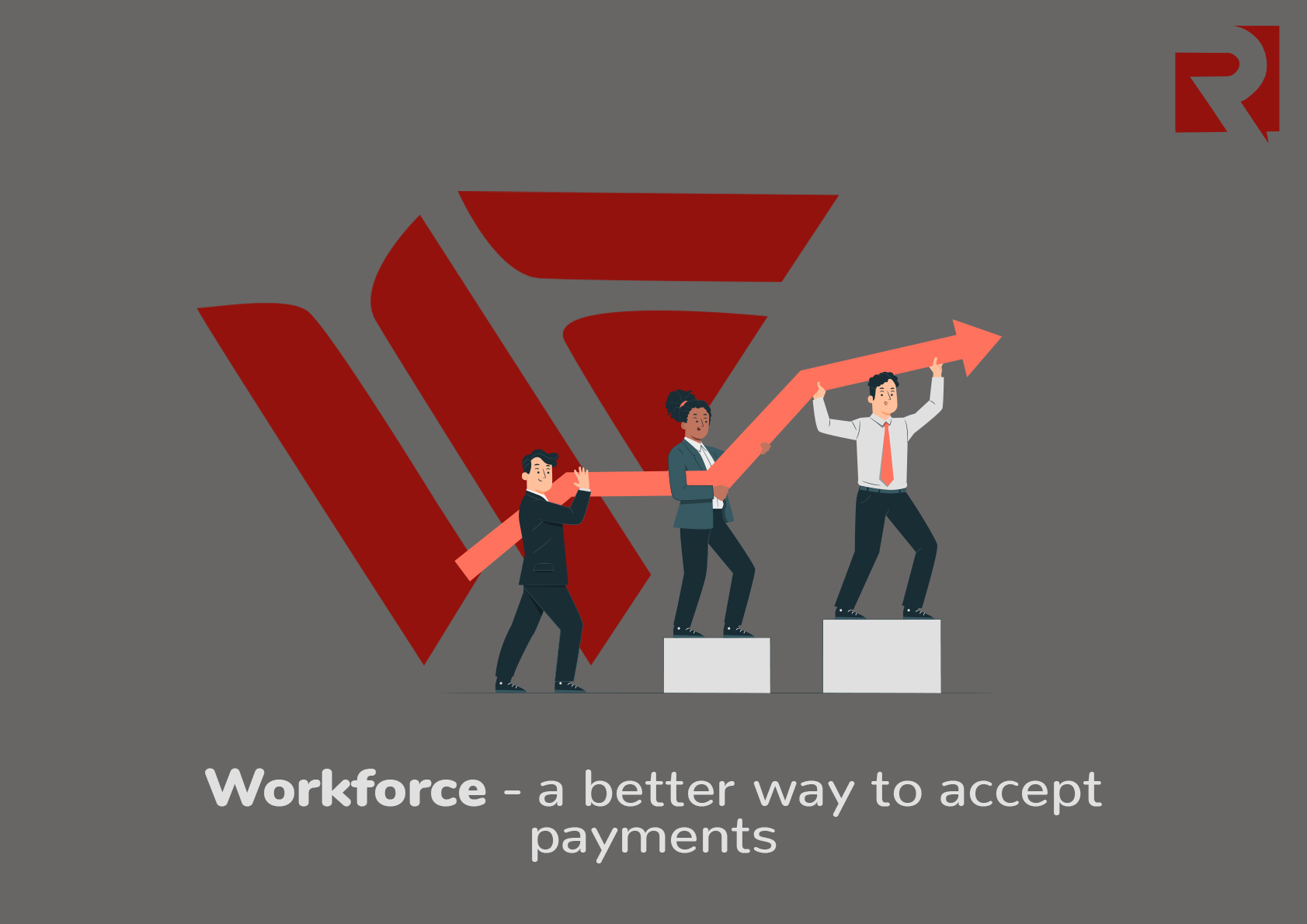Finding out that the First Bank of Nigeria was established in 1894 was quite a lot for my then young mind to take in. “You mean this bank has been around over 100 years”. At that time, I didn’t even know anyone alive who was 100 years old. That discovery taught me that banks are not exactly a modern concept.
Banks have been around for centuries. And while their role in the economy has evolved over these years, two things have remained constant in the definition of banks from the earliest records to what we have today - Savings and Loans.
The word Bank is derived from the Italian word banco, which is translated as Bench. This is because the Renaissance Italian merchants conducted their money lending business using a bench as a makeshift desk.
In the Roman empire, the temples initially served as a form of bank where the wealthy kept their money for security reasons. In time, the priests began to loan out the money in the temple’s care with interest. As the interest-loan practice gained more ground, it created the need for a formal financial institution. However, the temples continued to serve as a sanctuary for treasures and money.
After the fall of the Roman Empire, the banking practice survived through the Papal bankers that emerged under the Holy Roman Empire and during the Crusades. Meanwhile, independent money-lenders continued to operate and compete with the existing banks.
The idea of banking continued to evolve as different cultures began to interact with it. Banking practices continued to spread to other parts of the world as international trade blossomed and money developed in form and use.
The role of banks in the development and widespread use of paper money cannot be understated. Banks gave depositors bank paper in exchange for the money that was with them. The bank papers then grew to become accepted as proof of payment since they could be turned in for money at the bank.
With the emergence of the industrial age, Banking services naturally grew beyond savings and loans to include facilitating payments and financing business. International trade also created a foreign exchange market which banks were quick to step up too.
In Nigeria, the first bank is named the First Bank. It was established as Bank of British West Africa Limited, after which it changed to Standard Bank the same year, and then to First Bank, which it has retained till date.
Traditionally people kept their money where they felt it was safe. It could be their house, their farmland, place of work. Basically, whatever works for them. However, money lending and taking loans on interest was an established practice.
The early banks were established under the colonial government. They existed primarily to meet the commercial needs of the colonial government. The Central Bank, which regulates all banking institutions in Nigeria, was established in 1959. Before this time, several Banks had risen and collapsed due to mismanagement.
In the last 20 years, banking has considerably shifted from what it used to be. Today the hot topic in the financial space is Fintech and its implications for the future of banks. Certainly, Banks will continue to evolve, and we can be sure of what direction to turn with the map technological innovations have provided us.



